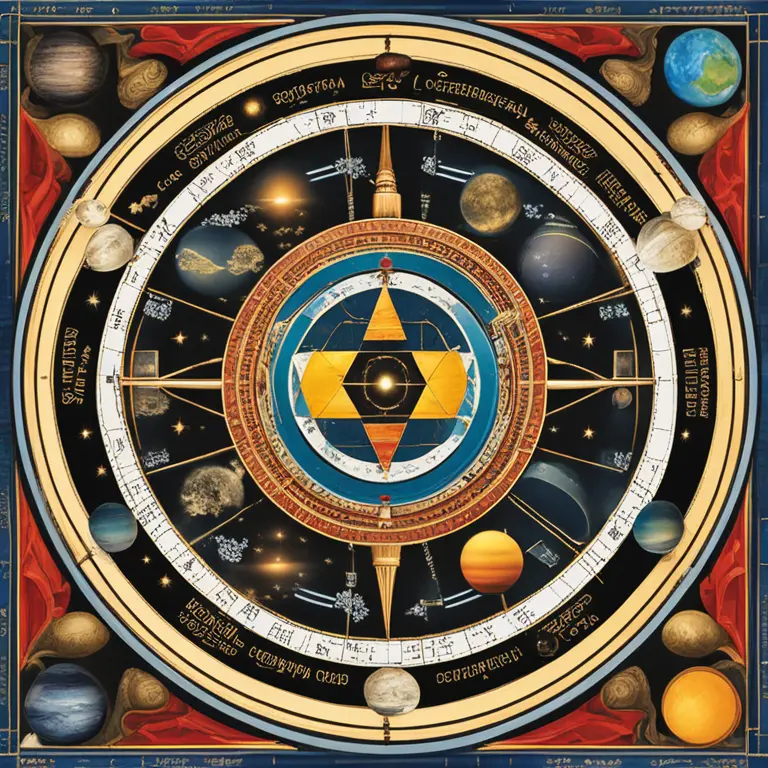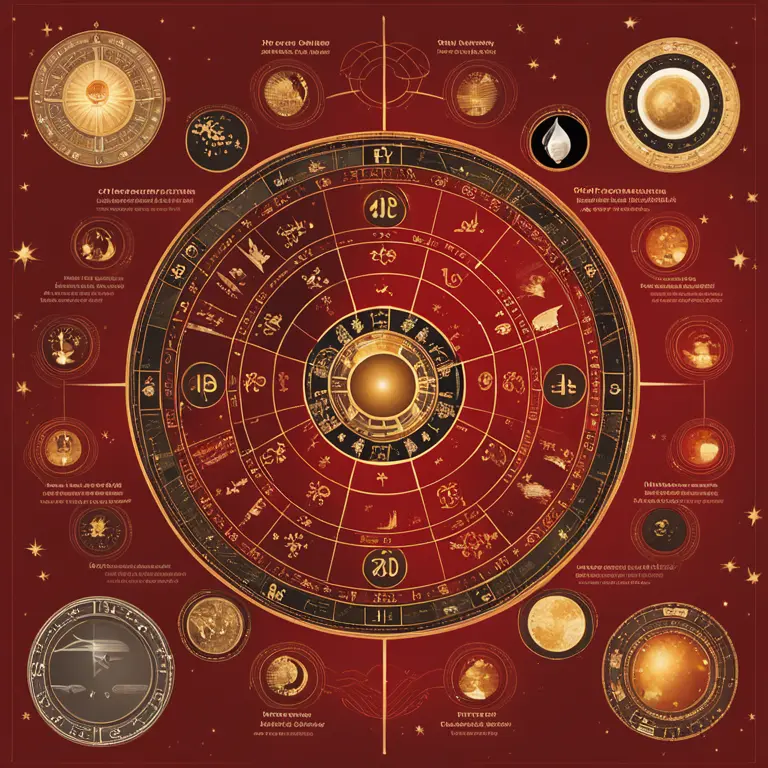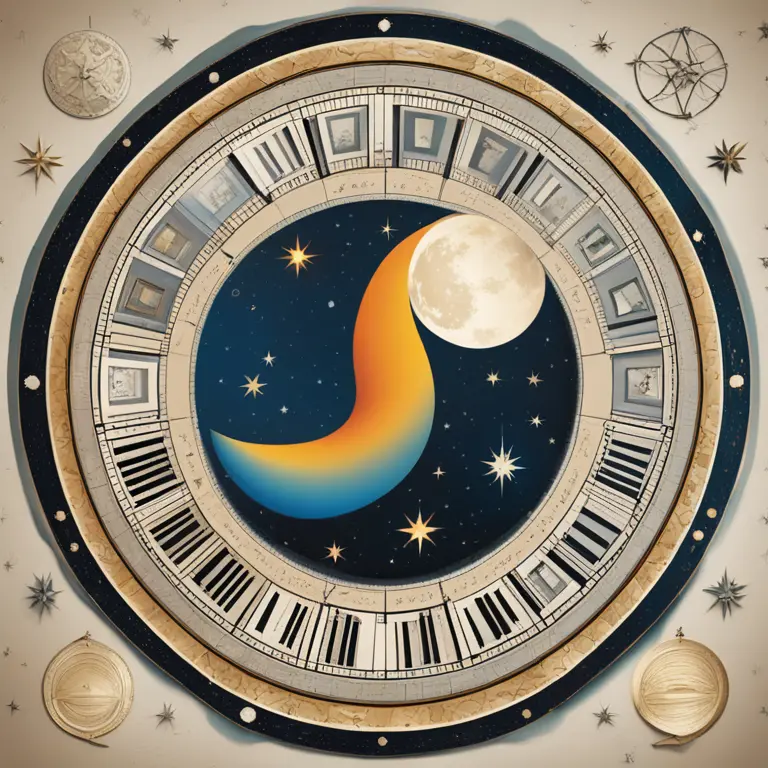
Are Astrology Signs Fact or Fiction?
Delve into the reality behind astrology signs as we examine whether these celestial symbols hold any truth or if they're merely stardust musings.
article by Priya Deshmukh
The Enigma of Astrology
When the conversation turns to the cosmos, the subject of astrology often hovers into the dialogue. Astrology, an ancient practice dating back thousands of years, seeks to understand human behavior through the positions of celestial bodies at the time of one's birth. In modern times, with increased scientific scrutiny, the legitimacy of astrology remains a fascinating enigma. Can the alignment of stars and planets truly dictate our personalities and destinies, or is this an art form steeped more in mystique than empirical evidence?

Astrology's Broad Appeal
The appeal of astrology can be seen in daily horoscope readings and compatibility charts, which garner a following from diverse backgrounds. The personal nature of astrology, where one’s birth chart is as unique as a fingerprint, makes it an intimate experience for believers. But its popularity does not equate to authenticity, and the scientific community largely considers astrology a pseudoscience, lacking rigorous testing and reproducible results that would classify it as an empirical science.

Scientific Scrutiny
Astrology faces significant criticism for its lack of methodological soundness. Scientists point out that astrological predictions are often stated vaguely enough to be applied broadly, a phenomenon known as the Forer effect. Moreover, numerous studies have failed to show consistent correlations between astrological predictions and actual outcomes, putting astrology at odds with the scientific requirement for falsifiability—a principle that allows for hypotheses to be disproven through experimentation.

Cultural and Psychological Resonance
Despite the skepticism, astrology's cultural significance and psychological resonance cannot be denied. Many find comfort in the narratives presented by astrology, providing a framework for self-reflection or a sense of belonging within the universe’s vast tapestry. While such subjective experiences cannot be quantified, they underscore a different type of reality—one that is shaped by individual beliefs and the human penchant for storytelling.

Astrology vs. Astronomy
The distinction between astrology and astronomy is essential in this debate. Astronomy is a science focused on the empirical study of celestial objects and phenomena. Astrology, on the other hand, interprets the influence of these celestial objects on human affairs. Notably, the shift from astrology to astronomy as a scientific discipline illustrates humanity's transition from seeking meaning in the stars to understanding the mechanics of the cosmos.
The Modern Astrological Landscape
Astrology continues to evolve with modernity. Now, some astrologers incorporate psychological elements into readings, while others may adjust their interpretations for the twenty-first-century mindset. The rise of astrology apps and online services demonstrates that interest in astrology is not waning, but the conversation is changing as astrologers and enthusiasts grapple with how to integrate ancient wisdom with contemporary life.
Conclusion: A Personal Choice
Ultimately, the question, "Are astrology signs real?" may be less of a demand for universal truth and more of an individual exploration. Whether one views astrology as a legitimate guide or a form of entertainment, its endurance throughout history suggests that the stars will continue to inspire and provoke human curiosity for years to come.
Published: 1/12/2024
Modified: 1/12/2024
More predictions
Come back here soon to learn more about yourself and your future


The Historical Journey of Zodiac Signs
Embark on a historical journey to discover the inception of the zodiac signs and their influence on astrology today.


Astrology: The Depths of Water Signs
Dive into the depths of the Water Element in Astrology and discover the intuitive and emotional nature of Cancer, Scorpio, and Pisces.


The Essence of Zodiac Water Signs
Delve into the depths of the Zodiac's Water signs: Cancer, Scorpio, and Pisces, and their profound influence on personality, emotions, and relationships.